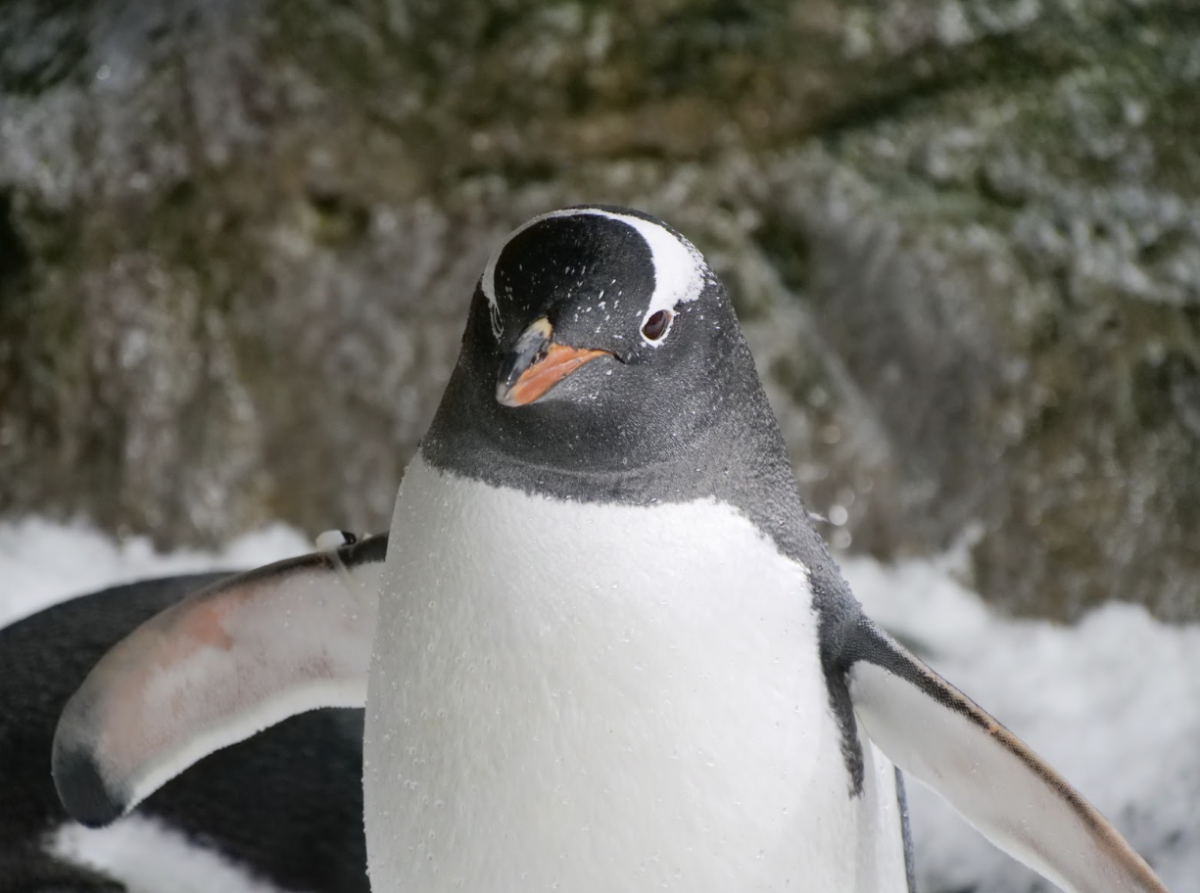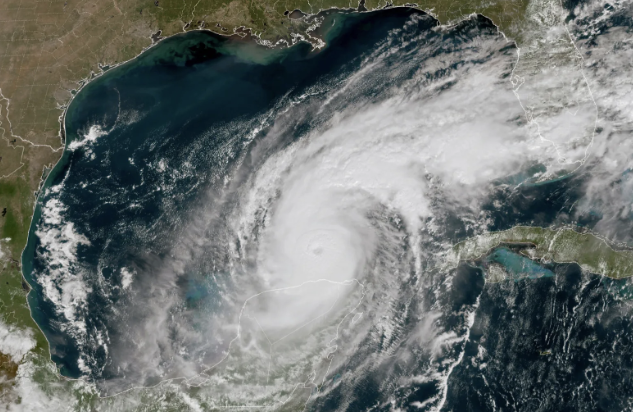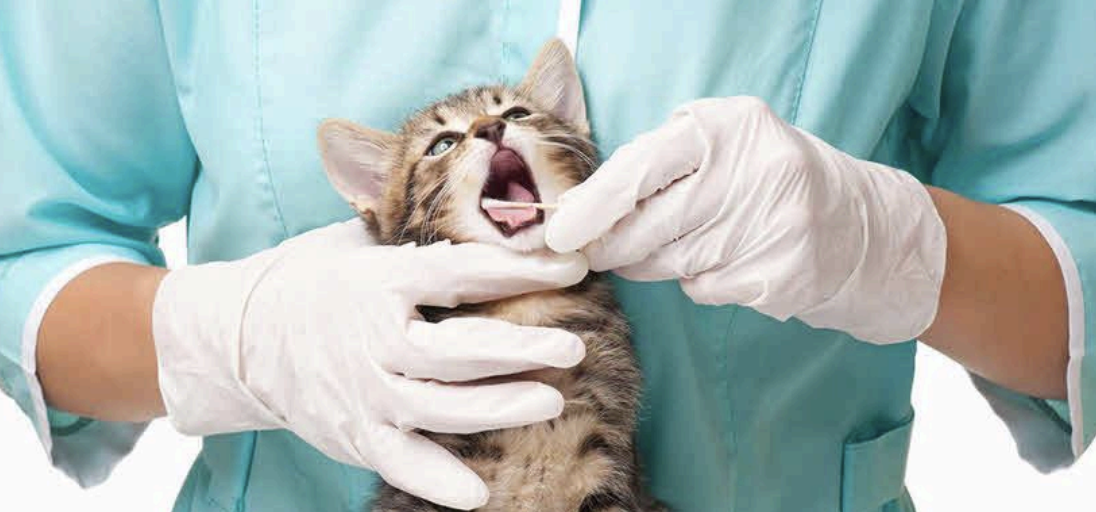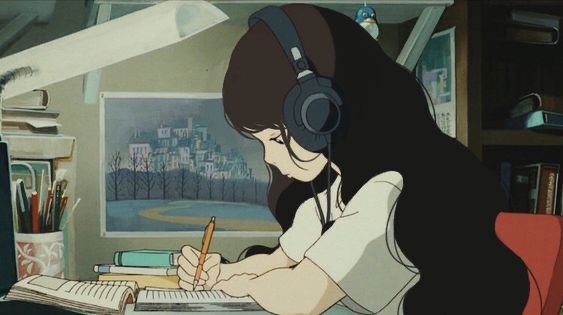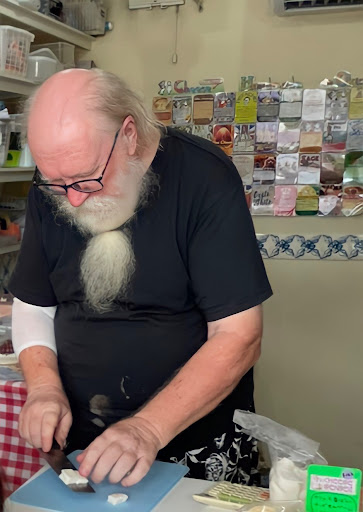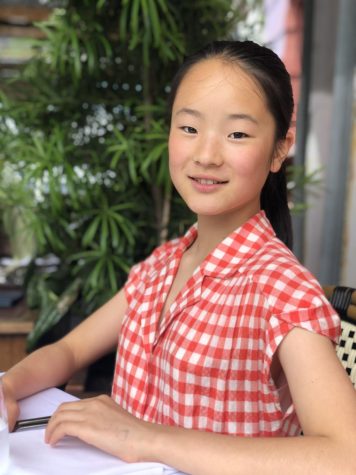“Our core mission is to turn surplus and wastes into something with value”, explained Nana, the founder of the Matter Of Trust Japan, an international organisation which originated in the US, which aims to contribute to reducing oil pollution and protecting the environment through human hair.
Founded in 1998, Matter Of Trust is an ecological nonprofit organisation that works under the central vision of “humanity living in harmony with earth”. Recently, researchers have found that 1kg of human hair can absorb up to 8 litres of oil thanks to its cuticles. Hair, which is wasted and dumped after it has been cut at a hair salon, turned out to be a great solution for a pollution-free future.
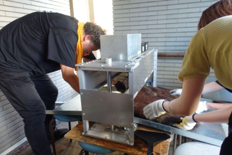
I was given an opportunity to interview the founder of Matter Of Trust Japan, Nana while attending their volunteering project this month. In this article, I will be covering her journey in founding Matter Of Trust Japan and her thoughts on sustainability/ environmental awareness.
History
“I always think about how I will be doing the same thing, not regarding whether our earth is threatened or not. I just don’t see the beauty in producing waste.”
In primary school, Nana experienced a turning point in her life: Japan’s instalment of small plastic bottles. Originally, convenience stores only sold 1.5 litres, but a few decades ago, 500 ml plastic bottles (now the most common size) started to show up in every store and vending machine. Nana says she still remembers feeling despair and a sense of crisis towards Japan continuously producing waste during its production.
It was only three years ago that Nana decided to organise Matter Of Trust Japan. She explains that it was the 2020 MV Wakashio Oil Spill (also known as the Mauritius oil spill) that caught her attention. This oil spill occurred on the 25th of July 2020, when a Japanese bulk carrier ‘Wakashio’ ran aground in a coral reef on the coast of Mauritius (an island nation off the coast of East Africa), which began to leak its fuel within a few weeks. It was a devastating incident during which hundreds of tonnes of oil were spilt, damaging the coastal ecosystems. While looking at the news, Nana started to wonder whether she could do anything to clean up the mess it had created, and that is when she saw the news that described how the locals in Mauritius were collecting human hair to absorb the oil spilt during the incident.
“I thought of sending my hair too, but the transportation cost – financially but also the CO2 that it emits – was considerably high, and so I started to research more into what else I could do.”
When she found out about Matter Of Trust, she quickly reached out to them, and in a meeting, she met Lisa Gautier, the president and the founder. There, Lisa explained the idea of tackling a problem together side by side rather than having a pyramid-shaped hierarchy within the organisation, which she still remembers was one of the reasons she wanted to work with them.
“I asked whether Matter Of Trust had a partnership with Japan. They said no, so I responded, ‘Then I will do it’. That’s how it all started.”
Although currently (September 2023) Matter Of Trust has a partner in Tokyo, Nana wishes to have a hair collection box in each prefecture of Japan so that hairdressers and beauticians from all over the country can donate easily without any complications.
Matter Of Trust now has many supporters and followers locally and on social media, but the journey that it took to get there was more challenging than Nana had hoped. Once she was supplied with a hair mat maker from the US, she went on to find the members who were interested in joining her. This is where she faced her first obstacle; not many showed an interest in participating, and most importantly, busy hairdressers did not have the time to send clean hair with sorted hair length.
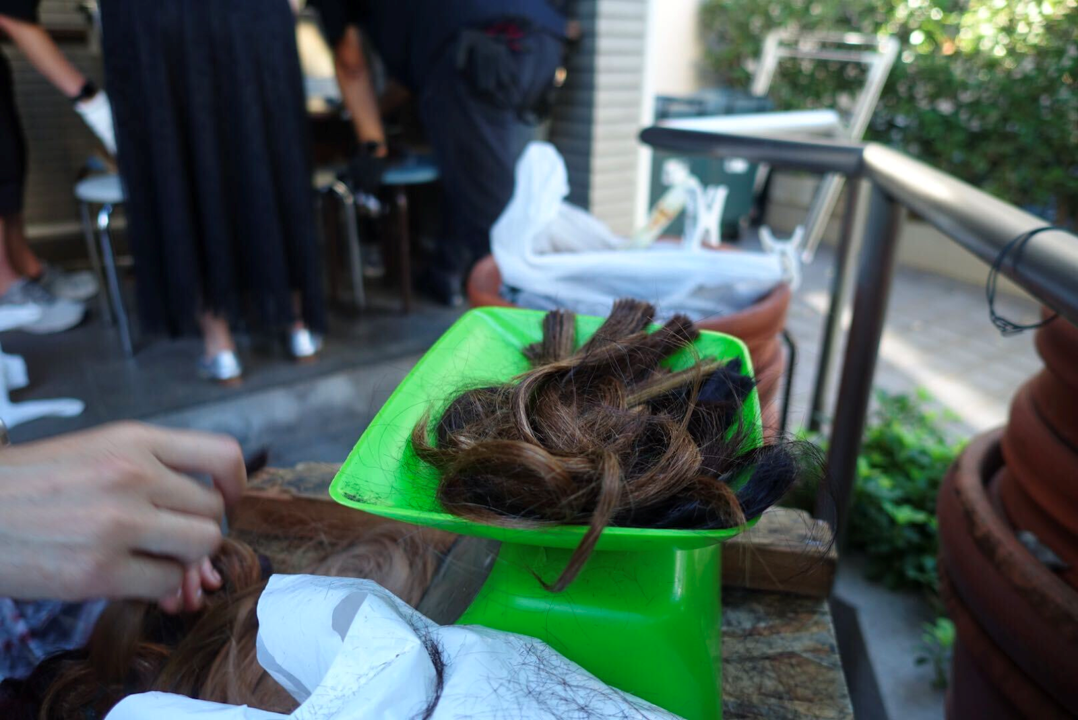
“Initially, there were no responses – I thought no one was interested. Even when people kindly sent me hair from their salon, it was filled with rubbish too,” Nana describes how the collection of hair was challenging during the time – especially due to the pandemic.
Fortunately, this year, when the state of emergency in Japan was lifted, the number of volunteers willing to participate in making hair mats increased. While some showed no interest, Nana noticed that many hairdressers in Japan were aware of their contribution to pollution through bleaching/ dying and were wondering whether they could do anything to make an environmentally friendly salon.
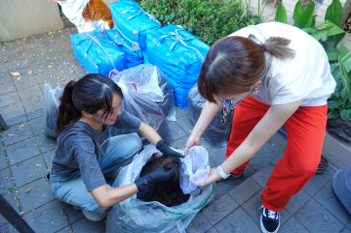
What we can do
Nana believes that starting with something local and small can be very impactful for students wanting to contribute to sustainability projects: “I truly think that you do not have to belong to a group or an organisation to take action”.
Watching news reporting oil spills can be sensational. However, the incident only occurs a few times a year, and it is difficult to contribute to the cleaning up due to its national/international scale. Paying attention to how individuals contribute to pollution and finding ways of minimising their impact on the environment is compelling.
“To enrich your life, you must enrich your environment.”
The earth, the animals, and nature protect humans. Nana believes that humans were never at the top of the world because the earth is allowing humans to live – for now, at least.
“Environmental awareness is not something beautiful or sublime, but simply something that is truly necessary for human life, I think it is as simple as that.”
Not doing something for the environment but for ourselves is a concept many people forget about, but it is very important to take any action toward the environment, Nana says.
Within a few years, Matter Of Trust Japan has gained many passionate supporters from all over Japan and Nana’s initial worry of not being able to find people with interest no longer exists.
During the volunteering, I was truly amazed at how hair – which was believed to have no use – could almost shapeshift into an ordinary mat, the same thickness/ size as a doormat, which can then contribute to local cleaning up of pollution. The final product was stiff, but despite them being made out of very short hair, held themselves together very well. The experience and the interview taught me the importance of the concept of ‘local production of local consumption (known as 地産地消 in Japan)’. It made me rethink what I can do in everyday life to reduce waste. As Nana says, “One doing ten actions and ten people doing one action, in the end, is the same”.
This interview was made possible with the patience and kindness of Nana. To learn more about Matter Of Trust, visit their website here. If you are interested in donating your hair/ participating as a volunteer, please visit their Instagram.


